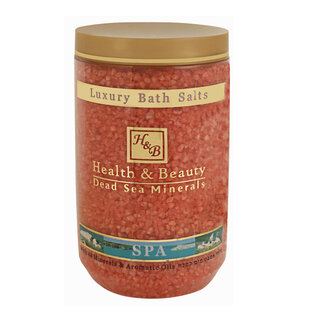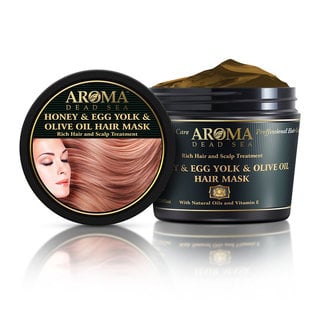
Hair loss
Causes of excessive hair loss
Usually excessive hair loss is hereditary, but it can also be caused by skin or hair diseases, cancer, iron deficiency, excessive styling / color treatments of the hair, hormones, stress, use of medication, a lack of essential nutrients and vitamins, a less effective thyroid gland or a bad condition of the scalp.
Most common types of hair loss
Androgenic alopecia
This hereditary form of hair loss manifests itself in balding spots on the crown and at the temples. In women in thinning hair on the entire scalp. Unlike in men, this type of hair loss in women rarely leads to complete baldness.
Alopecia areata
This creates spontaneous bald spots on the scalp. In some cases, this type of hair loss can spread to the entire scalp.
Scarring alopecia
This form is characterized by scar damage on the skin. This can occur in both men and women and at any age. The hair follicles are permanently damaged. Symptoms often include severe itching, burning and pain.
Telogen effluvium
This is caused by a change in the hair growth cycle and is triggered by an emotional or physical shock. E.g. a death, high fever, an extreme diet or medical intervention. The hair repairs itself, but it can take months.
Traction alopecia
This form is caused by excessive hair styling and the use of products that pull into the hair. When this is stopped before scars occur, there is no permanent damage and the hair grows back to normal.
To what extent can you influence hair loss yourself?
Although excessive hair loss is often hereditary, you can absolutely influence the condition and size of your hair.
First, investigate which type of excessive hair loss best suits your situation and of course always consult your doctor or specialist for possible treatment.
Second, don't underestimate the importance of your lifestyle; what you eat, how you deal with stress, how you take care of yourself are crucial for the condition of your scalp, hair and health in general.
General tips for healthy hair growth and preventing/reducing hair loss
- Provide a varied diet and eat many different types of vegetables, fruits and fish. This way you get enough proteins, vitamins, zinc and omega-3 fatty acids, which are necessary for healthy hair. Vitamin B and iron support the hair growth process. You can find these in beans, nuts and seeds, meat, olives, spinach, for example. This is only a small selection. It really pays to delve more into nutrition and discover how versatile and delicious you can eat yourself healthy!
- Are you a vegetarian or vegan? Then focus extra on your sources of iron and essential vitamins and minerals.
- Many people eat too 'sour', which means that the hair shaft is also too sour and no longer forms a strong basis for the growth of new hair. There is a lot of online information available about acid-basic food that you can take advantage of.
- Make sure you get plenty of rest, relaxation and exercise.
- Stop smoking and avoid excessive alcohol consumption.
Our care tips to stimulate hair growth and prevent hair loss
- Avoid using hair dryers, hair straighteners or curling irons; warm air can also damage your hair.
- Use mild styling products and always rinse well.
- Avoid combing wet hair, this will break hair that would normally continue to grow.
- Preferably comb your hair with a wide-tooth comb.
- Wear your hair loosely, not too tightly backwards in tails, braids or with many pins.
- Never let your hair be thinned out at the hairdresser!
- Massage your scalp regularly to stimulate blood flow without using your nails.
- Take care of your hair and scalp by using mild products. These care and moisturize your hair and do not damage your scalp. Many Hair Care products clean your hair, but simultaneously remove the natural oil, making it dry and brittle.
- Don't wash your hair more often than twice a week.
- Always use a Conditioner or Hair Mask after washing your hair.
Intensive treatment with Dead Sea salt and Dead Sea mud
Before your regular washing ritual with your Shampoo, Hair Conditioner/Hair Mask, you can treat your hair and scalp more intensively once or twice a week:
1. Massage your scalp, this stimulates blood flow.
2. Rinse your hair with Dead Sea lotion. To do this, dissolve 1 part Dead Sea salt in 3 parts water, for better solubility you can grind the salt with a mortar. Put this solution in a plastic bottle and place it in the bathroom.
3. Rinse the lotion and apply Dead Sea mud to your scalp, put a plastic wrap and a towel around it and leave for 20-30 minutes. Then rinse well.












